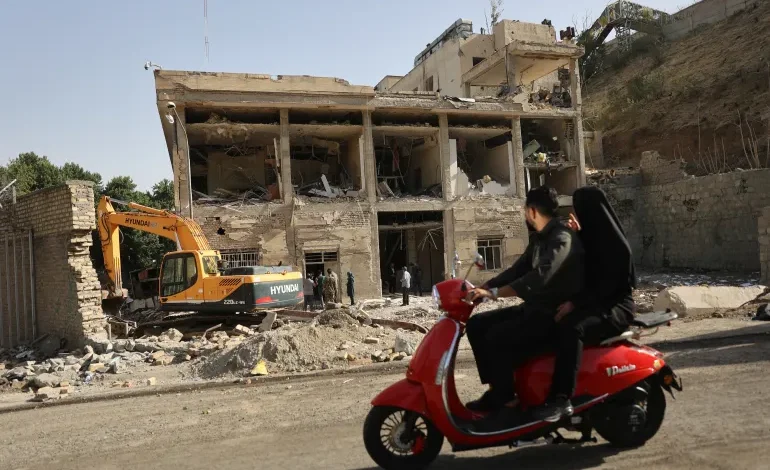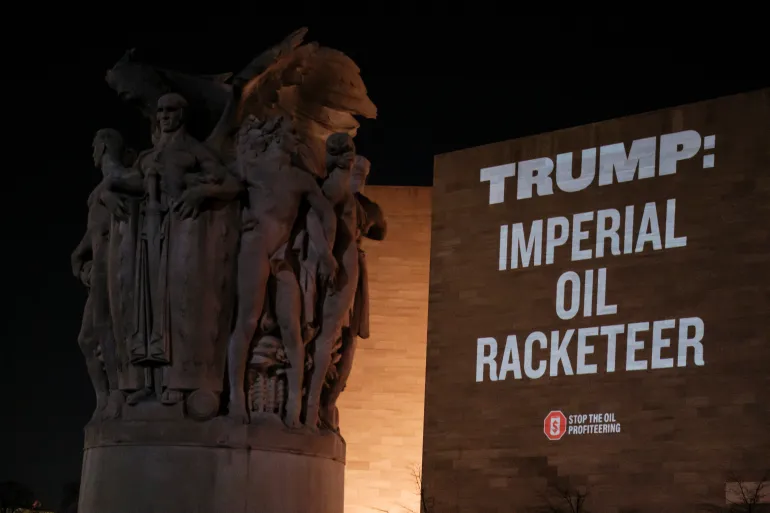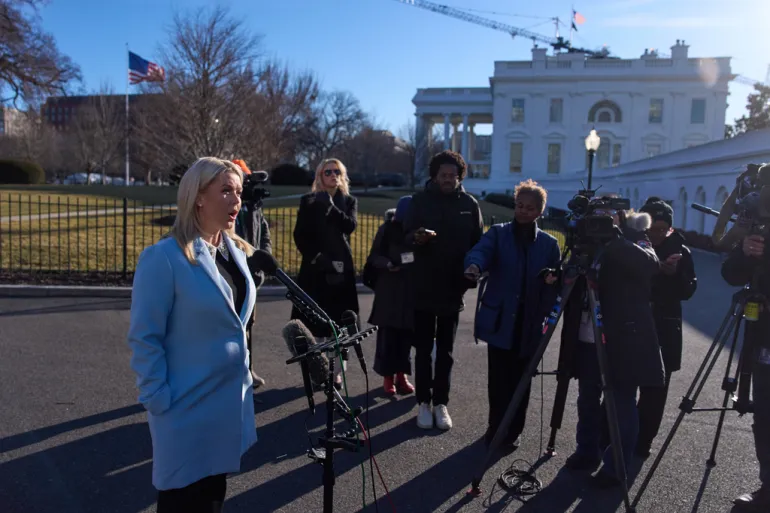US Strikes Have Delayed Iran’s Nuclear Program by Up to Two Years, Pentagon Reports

The Pentagon has confirmed that recent U.S. airstrikes targeting Iranian nuclear facilities have delayed Tehran’s nuclear program by an estimated one to two years, marking a significant setback for Iran’s enrichment capabilities amid ongoing tensions.
According to U.S. defense officials, the strikes targeted critical infrastructure at key nuclear sites, including Natanz and Fordow, using precision-guided munitions to disable centrifuge halls, enrichment facilities, and underground complexes. The operation, carried out with a combination of stealth bombers and cruise missiles, was described by the Pentagon as a decisive move to prevent Iran from advancing its nuclear ambitions.
Pentagon spokesperson Sean Parnell stated that while the strikes inflicted substantial damage, they do not eliminate the long-term risk posed by Iran’s nuclear program. He emphasized that the United States remains prepared to take additional measures if necessary to prevent Tehran from obtaining a nuclear weapon.
Iranian authorities have condemned the strikes, vowing to rebuild the damaged facilities and accusing the U.S. of violating international law. Iranian media reported that emergency crews have been deployed to assess the damage and begin repairs, while officials continue to assert that their nuclear program is for peaceful purposes.
Meanwhile, the International Atomic Energy Agency expressed concern that the strikes could further limit monitoring capabilities in Iran, complicating oversight of its nuclear activities. The agency called for restraint and a renewed commitment to dialogue to address proliferation concerns.
The strikes have reignited debates in Washington over the approach to Iran, with some lawmakers urging continued pressure and sanctions, while others warn that further escalation could destabilize the region and strain diplomatic efforts.
With input from Al Jazeera.









The latest news in your social feeds
Subscribe to our social media platforms to stay tuned